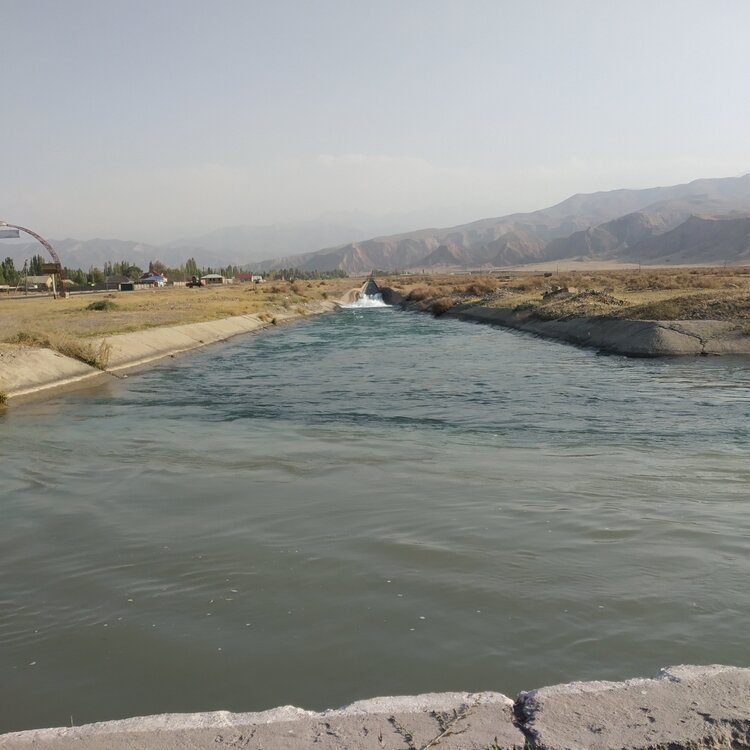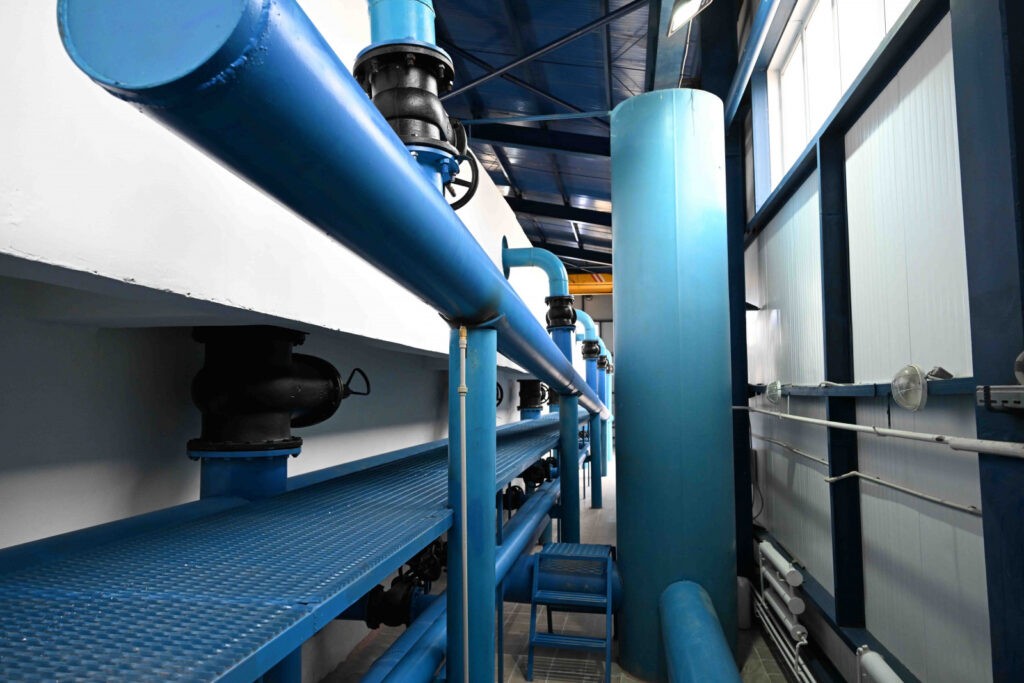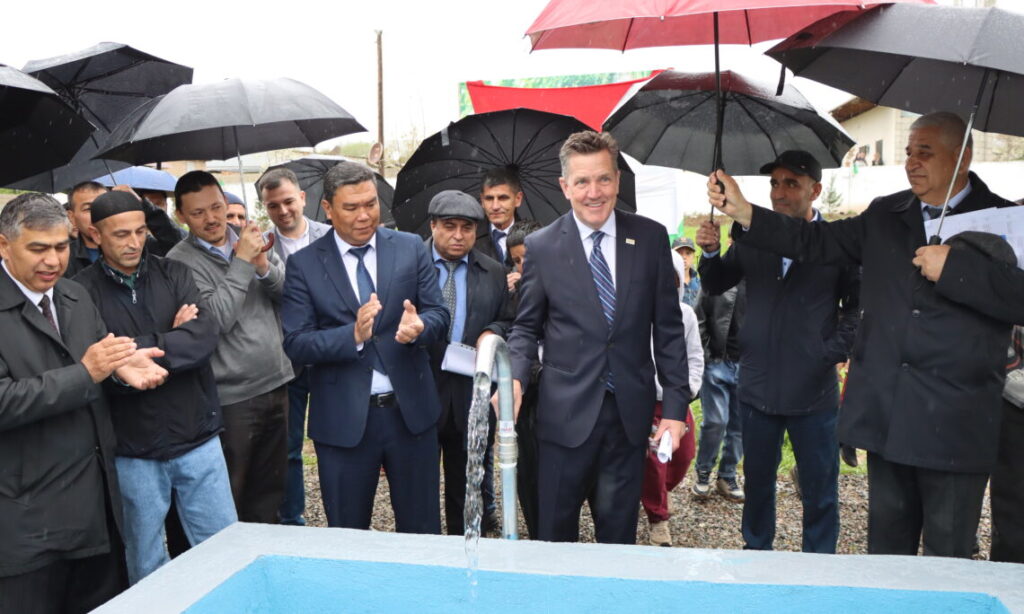Viewing results 1 - 6 of 3
The Eurasian Development Bank (EDB) has declared water availability a particularly acute challenge in Central Asia, given that 10 million people, or 14% of the region’s population, currently lack access to safe drinking water. Between 1994 and 2020, water withdrawals for municipal and domestic needs doubled to 8.6 cubic kilometres. However, since investment in drinking water falls short of meeting the growing demand, the infrastructure for the supply and treatment of water has severely deteriorated. The challenges facing the sector highlight the need for large-scale investment in water supply and sanitation in Central Asia. The annual funding deficit to meet the targets of the United Nations’ Sustainable Development Goal 6 (to ensure the availability and sustainable management of water and sanitation for all) is estimated to reach US $2 billion by 2025–2030. In response, EDB analysts have prepared a report to assess the level of investment required by the region to achieve the UN Sustainable Development Goal by 2030, including proposals for practical steps to secure the necessary funding. Titled “Water and Sanitation in Central Asia”, the report will be launched on 28 June at the Eurasian Development Bank’s Business Forum in Almaty, Kazakhstan.
A new water intake facility has been launched in the Cholpon-Ata resort at Kyrgyzstan’s Lake Issyk-Kul thanks to a joint investment of EUR 5.1 million from the European Union, the European Investment Bank (EIB), and the European Bank for Reconstruction and Development (EBRD). The opening ceremony on 11 May was attended by the Chairman of the Cabinet of Ministers of the Kyrgyz Republic Akylbek Japarov. The European Union’s grant of EUR 3.1 million, combined with an EIB and EBRD investment loan of EUR 2.25 million, funded vital improvements to the city’s water supply system which had not been upgraded since it began operating in 1986. According to the EU Delegation to the Kyrgyz Republic, by helping eliminate the risk of water-borne diseases, the project has provided over 19,000 citizens of Cholpon-Ata with regular access to safe drinking water and sanitation services. To date, grants exceeding EUR 100 million from the EU have leveraged EUR 205 million investments to support Kyrgyzstan’s drinking water, solid waste management, and energy services, benefitting over 376,000 citizens in 14 cities and eight villages across the country.
A new water supply system to provide safe drinking water for more than 3,000 people across 455 households has been inaugurated in the village of Rohati in Tajikistan’s Rudaki District. Supported by the United States Agency for International Development (USAID), it is but one of the 12 communities now furnished with rehabilitated water supply systems through public-private partnerships. To ensure the project’s sustainability, USAID helped Rohati’s private water operator develop a sound business plan for its water system, introduced electronic billing, and assisted with the installation of water meters in households. Speaking at the opening ceremony on April 12, USAID Tajikistan Mission Director Peter Riley stated, “The U.S. Government believes that everyone has the right to safe drinking water. USAID strives to increase access to safe drinking water across all regions of Tajikistan. Access to safe drinking water is of critical importance to protecting public health, dignity, equity, and our environment and USAID is committed to that goal.” In the last five years, USAID has rehabilitated and constructed 30 drinking water supply systems throughout Tajikistan, providing more than 100,000 people with safe drinking water.



